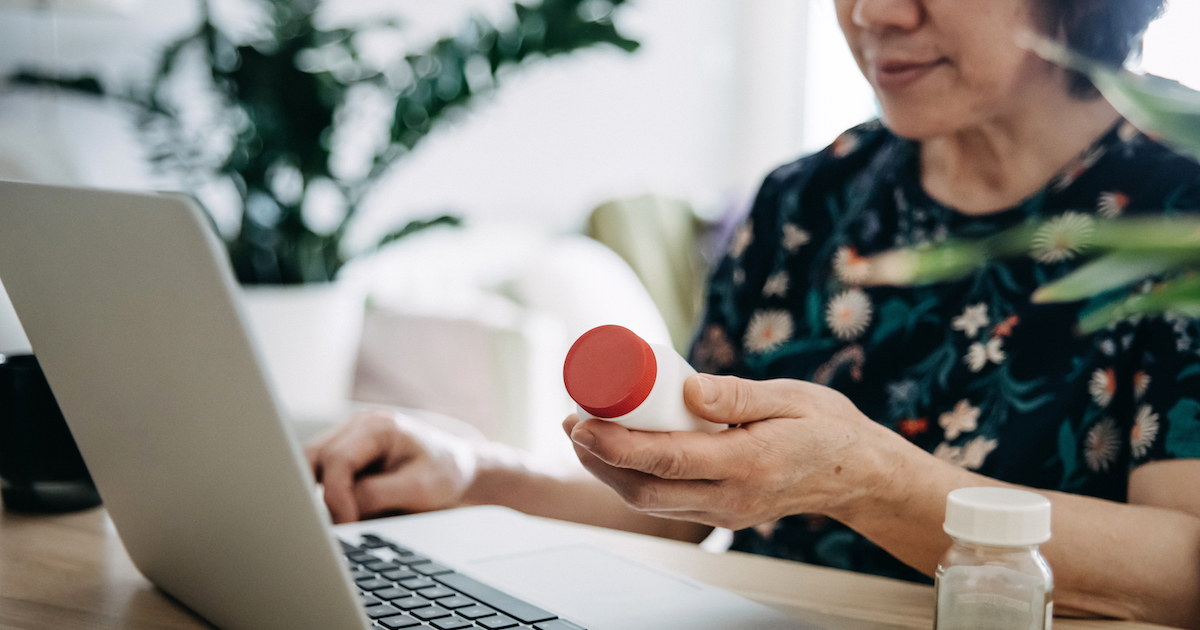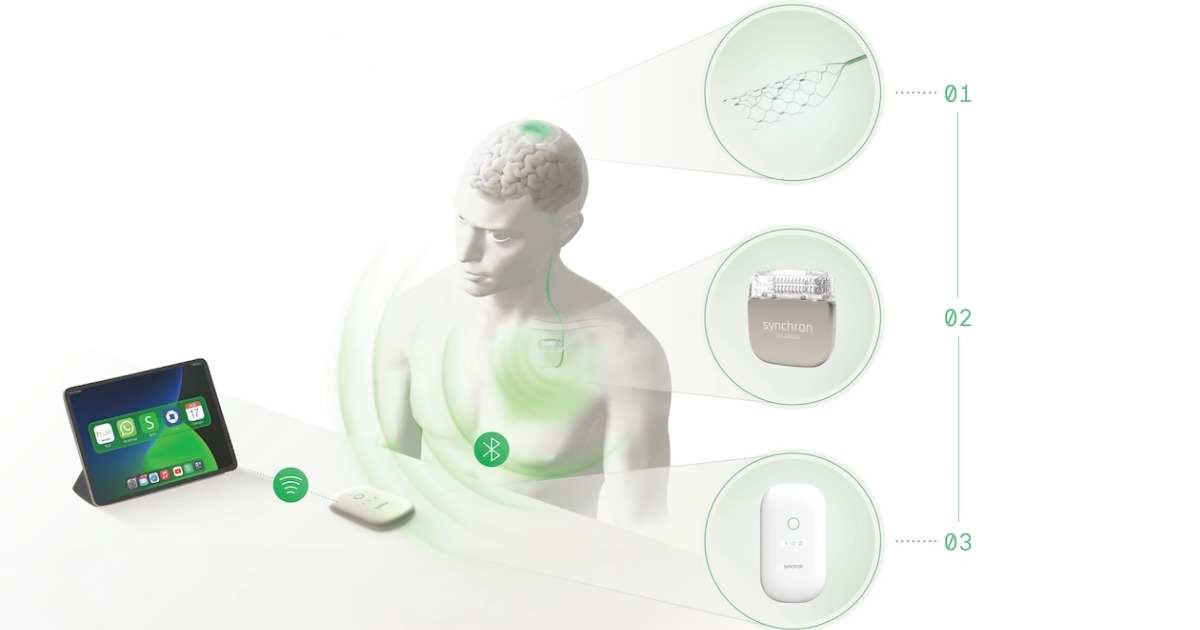Not everyone is convinced that mHealth is poised to have a breakout year in 2015.
In fact, Joseph Kvedar, director of Partners HealthCare's Center for Connected Health – one of the nation's most recognized and thoughtful experts on mHealth – is wondering if all the enthusiasm is misplaced. "You might even call it exuberance," he opined during Monday's opening keynote at the mHealth Summit, "but is it irrational exuberance?"
Rest assured, Kvedar is still one of the leading proponents of digital health in all its many forms and definitions, but as he made it clear to a packed audience at the Gaylord National Resort and Convention Center, there are still issues that must be overcome before the nation's healthcare system jumps on the bandwagon.
As evidence, he points to three powerful players in the mHealth market. Apple is making waves with its pending smartwatch and HealthKit platform, he noted, but will that be any more successful than Google Health? And while Samsung is rolling out its line of apps and wearables, the company is already on its third generation of projects. And finally, what caused Aetna to drop its CarePass platform?
The key is finding that connection to the consumer that will make him or her want to use mHealth tools and services, Kvedar said, and we aren't there yet.
"And if we don't" find that link, Kvedar warned, "mHealth will be another tech bubble."
Kvedar said the focus should be on engagement, and on finding solutions that are frictionless to the user, allow for social personalization, and have relevance in everyday life. "Don't ask the patient to do anything more," he advised. "Ask them to do less."
Like everyone else, Kvedar sees how the consumer market is fawning over the latest wearables and fitness devices, but that's no guarantee of long-term success. And the healthcare community isn't all that interested in that market just yet, because it represents just another data stream piled onto an already overtaxed workflow.
That message was carried over to a Monday morning session on wearables, where panelists pointed out that consumer-facing health and fitness devices won't catch on in the long run unless they're backed by healthcare professionals.
"The authority figure of the clinician prescribing (a) device, explaining it and having that expectation (of continued use for health maintenance) is a huge power," said Doug McClure, executive vice president of product marketing for FitLinxx, the developer of an activity tracker that's often used in corporate wellness programs and research projects. "The role of the clinician in this is paramount."
FitLinxx, in fact, recently lent its Pebble activity tracker to a successful project undertaken by Medstar Health, a Washington D.C.-based health system. Brandon Tudor, of the Medstar NRH rehabilitation network, said the health system found that its doctors were too busy to prescribe Pebbles, but they would refer patients to the physical therapy department, which set the patients up with the monitors and took over the task of keeping tabs on them.
Laura Pugliese, of the Healthcare Innovation Technology Lab (HITLAB), pointed out that very few projects like the Medstar-FitLinxx pilot exist, and that there's scant data on clinical outcomes for wearable health and fitness devices.
"There's very little evidence of what (these devices) can do to (affect) behaviors," she pointed out. And with most of the devices being bought and used by the self-motivated and physically fit, there's little information on how they might be used to help people with chronic conditions or other health issues – people who really need to use them, but aren't.
That's the connection that Kvedar isn't seeing yet either. And until that happens, mHealth will have to wait for its moment in the spotlight.


